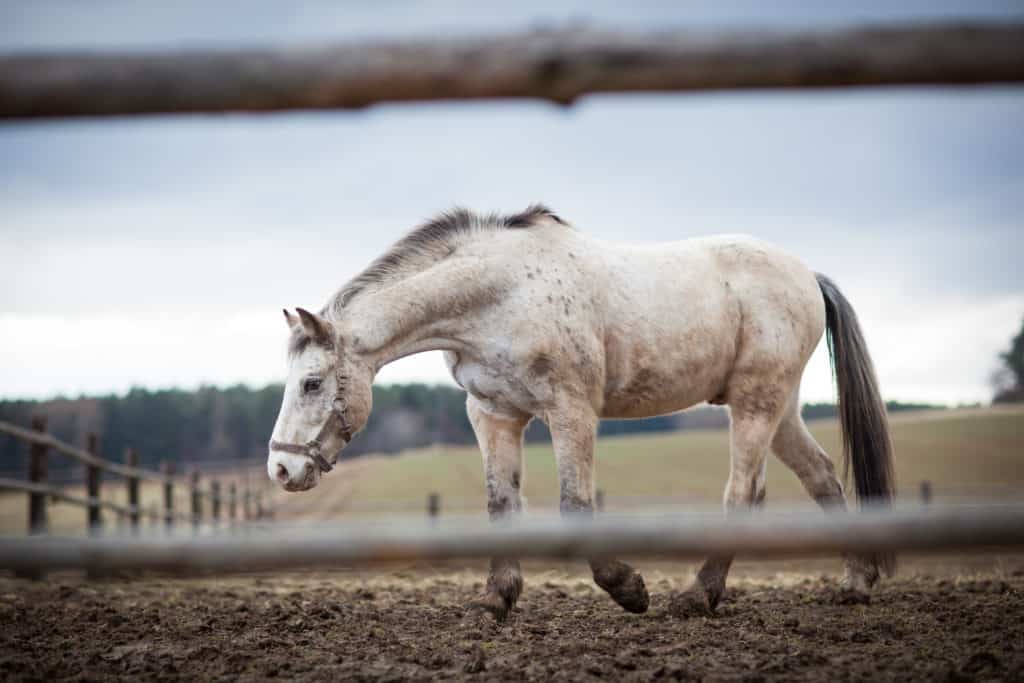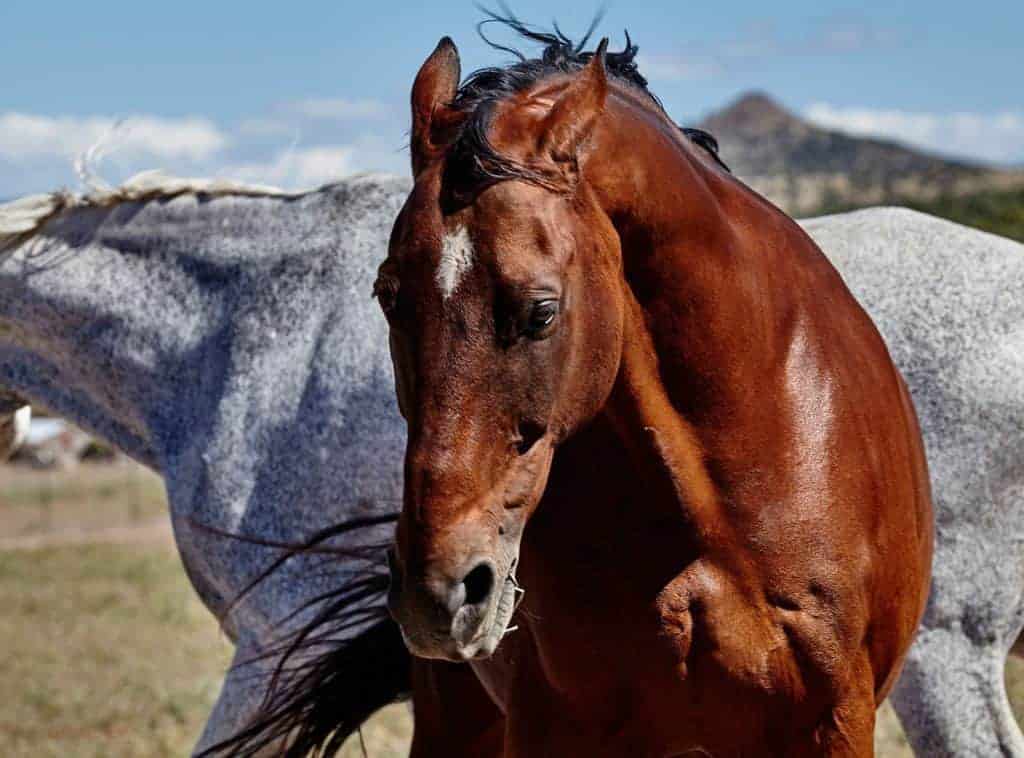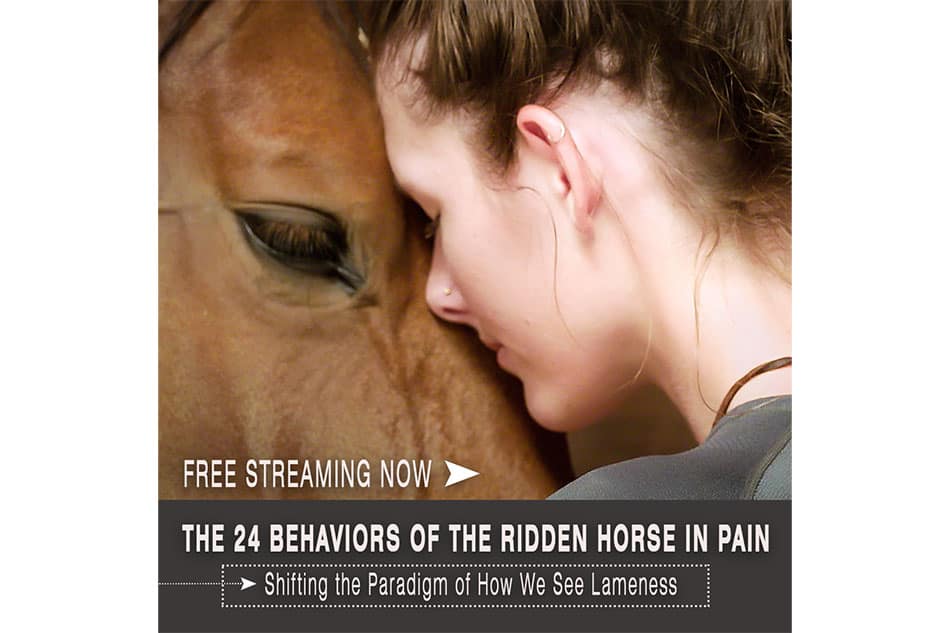
Abnormal Mare Behavior? Don’t Blame It On Her Hormones
A research team found that abnormal behavior doesn’t always correlate with elevated ovarian hormones.

A research team found that abnormal behavior doesn’t always correlate with elevated ovarian hormones.

What is the most common behavior problem in aging horses? Dr. Sue McDonnell weighs in.

Researchers say that even three weeks after weaning foals still experience increased stress levels.

Introducing a horse to a new herd can be stressful, but with careful planning horses can live happily with their pasturemates.

If your horse is acting naughty when handled or ridden, he might be trying to avoid pain somewhere in his body.

If your horse is exhibiting regular behavior problems, cheek tooth pain could be the cause.

Equine idiopathic headshaking is a painful condition, but with correct diagnosis and treatment many headshakers can live pain-free.

Find out if your mare’s frustrating antics are due to estrus, and learn about ways to keep them in check.

Often, a horse’s behavior problems are rooted in either pain or incomplete training. Here’s what to consider.

A veterinarian explains how to recognize when your horse is in pain.

Practitioners will create a grimace scale that can indicate stress, sickness.

A wide range of conditions can cause poor performance, but many cases circle back to lameness with a behavioral component.

Researchers assessed whether group housing situations influenced horses’ sleep routines.

A veterinarian describes some subtle signs to watch for that might point toward your horse having joint discomfort.

Study results showed horses might wait for a more appealing treat, demonstrating self-control.

The film, featuring renowned equine orthopedics expert Dr. Sue Dyson, is available for free.
Stay on top of the most recent Horse Health news with
"*" indicates required fields